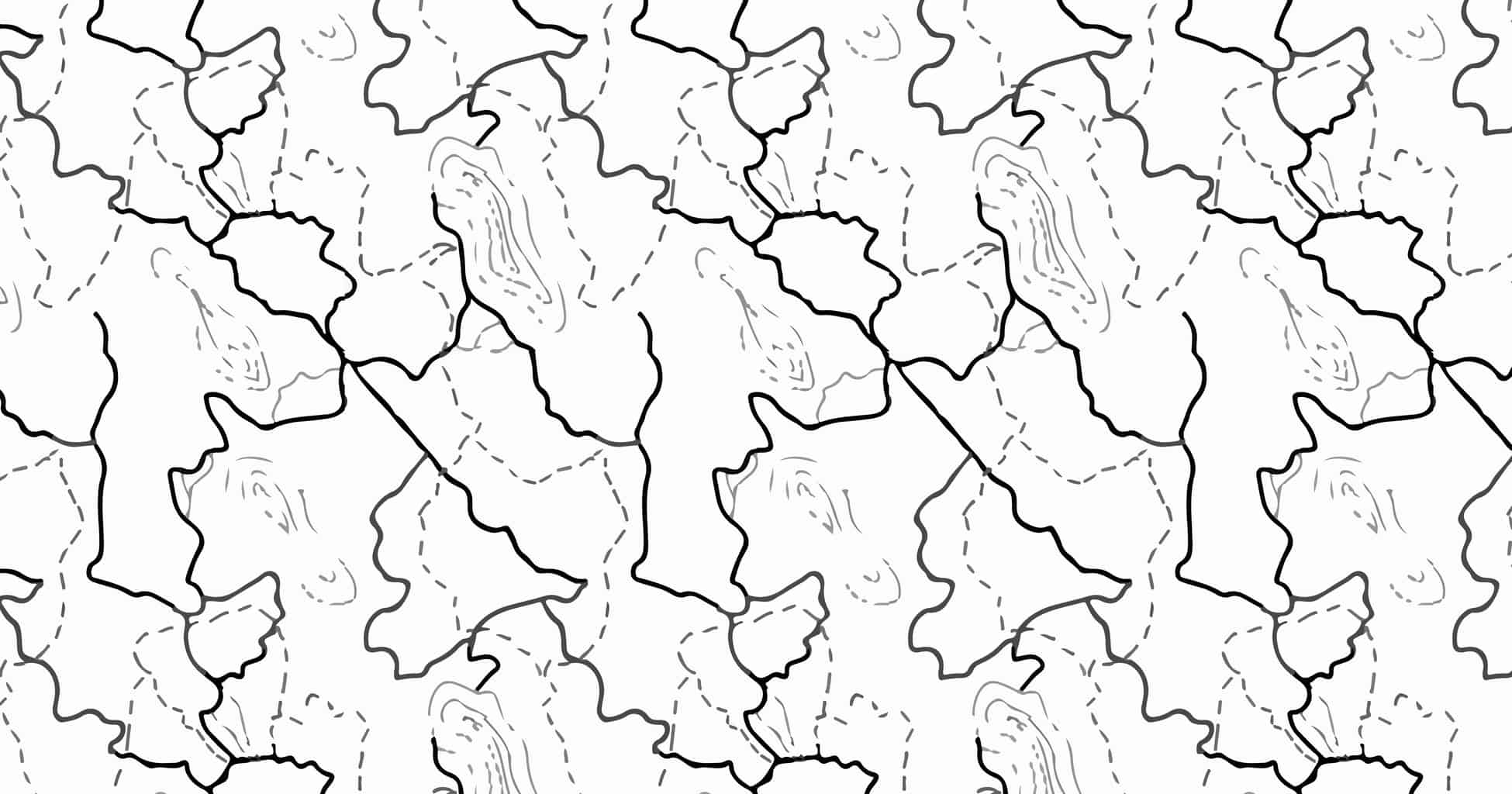Syria & Golan Heights
Syria & Golan Heights
Since 2011, Syria has been on the United Nations Security Council’s agenda, when President Assad’s aggressive actions against pro-democracy protesters during the Arab Spring became more frequent and increasingly violent, leading to civil war and terrorist violence within the country.
Insecurity is the primary concern for women, yet in spite of their limited operating environment, women activists have organized nonviolent protests, distributed and monitored humanitarian aid, documented human rights violations, created safe spaces for women and children, and worked at the local level to set up ceasefires, prisoner releases, and elections.
Based on the work of NGOWG members and their partners, the NGOWG advocates for ensuring women’s needs— such as secure access to sanitation facilities and hygiene, and health assistance— are adequately addressed, and that Syrian women are equally and meaningfully participating in the UN-facilitated political process and in the design and implementation of ceasefire monitoring mechanisms.
Golan Heights
Golan Heights, a disputed plateau in south-western Syria, is home to an equal number of Syrians and Jewish settlers, and since 1973, United Nations Disengagement Observer Force (UNDOF) peacekeepers have observed a contested territorial line between Israel and Golan Heights.
In the current Syrian conflict, Golan Heights has become a key strategic geopolitical position, causing an escalation in violence and increased violations of the ceasefire territorial agreements. Recent advances and attacks by the Islamic State of Iraq and the Levant (ISIL) have concerned residents of Golan Heights— particularly given ISIL’s systematic denial of women’s rights and perpetuation of violations against women.
Based on the work of NGOWG members and their partners, the NGOWG advocates for addressing the increasing gender imbalance in UNDOF by deploying a higher percentage of women, and inclusion of gender-specific language in the UNDOF mandate.
Current and Past Recommendations to the UN Security Council (Monthly Action Points)
March 2019 marked the 9th anniversary of the Syrian conflict’s beginning. Thousands of civilians are trapped in Idlib due to exchange of fire between Hay’et Tahrir al-Sham and the Government. This includes ground-based bombardment, airstrikes, and intensified shelling of Idlib, the “demilitarized buffer zone,” and communities in Northern Hama. This has led to numerous civilian casualties and the displacement of thousands of residents. The Council should work to ensure that people are able to flee to safety, including by seeking asylum in neighboring countries. As a priority, the Council should focus on eliminating the root causes behind displacement and advancing a political solution that includes conditions that enable safe, dignified and voluntary return for refugees and international guarantees of their security. The Council must call for gender-responsive humanitarian action which recognizes that prevention and response to SGBV are life-saving interventions. With minimal health care available in most areas, it is critical that providers are equipped to offer survivor-centered, rights-based, non-discriminatory, quality health services for internally displaces persons (IDPs), refugees, and all affected communities. This means providing specialized staff trained in providing first-line support, clinical management of sexual assault and rape, mental health and psychosocial support (MHPSS), identification of SGBV cases, and safe referrals in a manner that guarantees the safety, confidentiality, and privacy of survivors. Civilians have been killed and injured as a result of anti-ISIS operations in eastern Syria, and over 70,000 people are now in Al-Hol camp after having endured a long and dangerous journey. The Council should ensure that unhindered aid can be provided to the camp, including meeting the need for safe spaces for the protection of women and children. The Council should also inquire about the concerning situation of detainees and the continued detentions in Syria. Council members should call for all actors to cease detentions of human rights defenders and peace activists, disclose the names, locations and fates of all political detainees and grant them immediate release. Gendered impacts of these detentions, one of which is the increase of female-headed households, are overlooked in current discussions. Relatedly, prisoner exchange agreements do not address the underlying structural issues and create an environment conducive to corruption and extortion of families whose members have been imprisoned. The Council should support all efforts to hold accountable the perpetrators of torture and mistreatment in Syria, including national efforts currently being undertaken in Europe and international efforts to establish a Special Tribunal for war crimes and crimes against humanity committed in Syria. The Council should call on all parties to ensure that women are fully represented and meaningfully participate in the constitutional committee, should it convene, and in the broader political process. The meaningful dialogue and inclusion of Syrian women human rights defenders should be prioritized in the work of the Office of the Special Envoy, as well as all other multilateral processes. As a means of ensuring accountability, reporting must include analysis and information on efforts to support women’s meaningful participation (S/RES/2139 (2014)).
Relevant Resources





